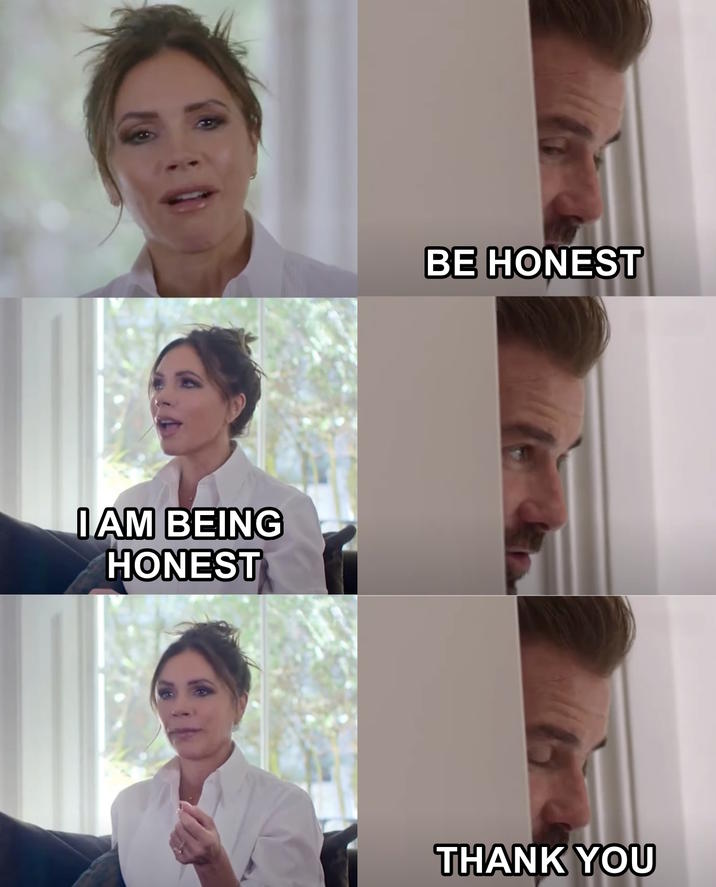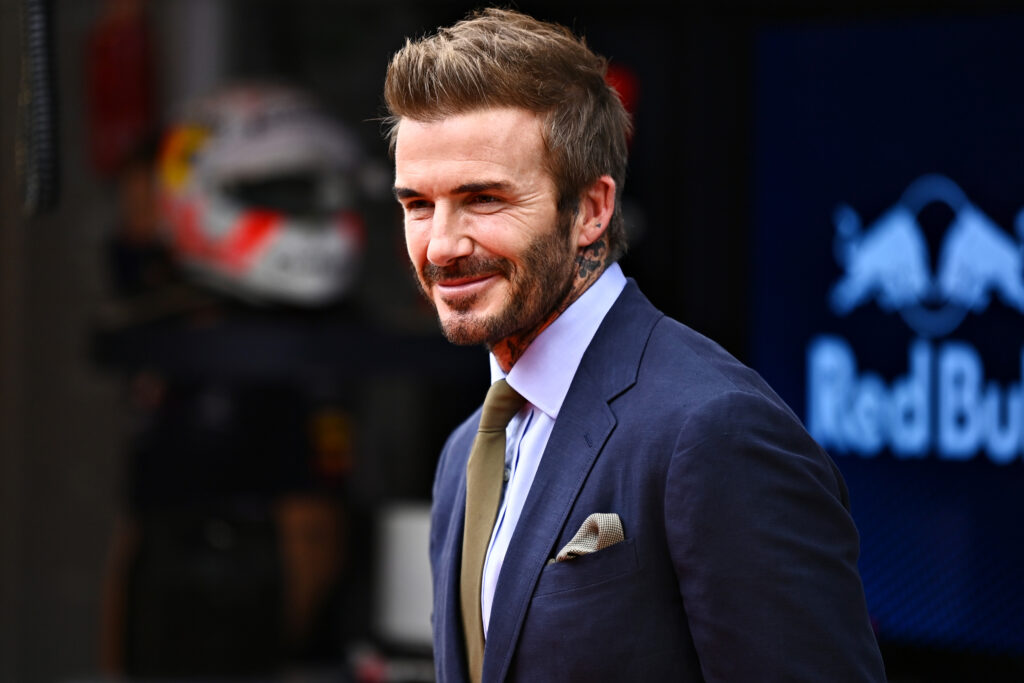Welcome to The Third Wave of Sports Content Marketing: The Athletes’ Takeover
January 10, 2024
The central control of production is getting closer and closer to the individual athlete in sports marketing – which might not always make for the best content. David Granger, content marketing consultant tells us why.
We’re moving into the third phase of content marketing in sport. Once upon a time (ask your parents) all content production was done by rights-holders or third parties. Then we moved to out-sourcing to agencies or bringing production inhouse. We now have now started a new chapter: players themselves controlling their own intellectual property and image. This is not simply using social or their own web platforms, but creating whole production houses.
David Beckham’s Studio 99 is perhaps the most infamous. Studio 99 describes itself as “a content-production company and integrated creative agency that delivers end-to-end production services, including commercial and editorial campaigns, TV shows and documentaries.” One of these was the Beckham three-parter which appeared on Netflix last year and the other was Ronnie O’Sullivan: The Edge of Everything.
Ex-football players in the UK used to run pubs (or bars in Spain if they were really successful). Festooned with pictures and memorabilia, it was a place and a chance to relive former glories with a captive/captivated audience. Now they can tell those bar tales to the whole world via their own production companies. It’s not just Beckham, Chelsea Football Club and England forward, Raheem Sterling, has joined forces with music video director, Carly Cussen, to launch Playmaker Films – although Sterling’s company is branded content, advertising, and music videos, steering away from sport.
While everyone needs a retirement plan, going headlong into film production takes planning and no small amount of investment. And the end result is no guarantee of success. In Beckham’s case, however (even though there were some criticisms of the series) there were real upsides: his beekeeping, father-in-law’s car (it was a Rolls Royce) and outdoor cuisine became the stuff of meme legend, and did exactly what was intended. It not only replayed some of the adversities he overcame, not least his family’ treatment by the British press, but was also a reminder and celebration of his exceptional talent on the pitch.

The danger, as ever though, is that as Amazon Prime, Netflix, Apple TV wring every last narrative drop out of historic footage and audiences develop a complete ennui with the genre. It’s a recurring bugbear, but when Drive to Survive Series 6 drops on February 24, how much deeper insight are we actually going to get into Formula One 2023 and how much will the continuing pantomime of team principals be the only real revelation in a season which saw total domination by one team? And one driver from that team, world champion Max Verstappen hasn’t been shy about his criticism of the show’s construction of narrative (as opposed to a less contrived set of stories). Speak to those still in the Paddock and you’ll find a split between people who want to get in shot and those who crave the days where sponsors’ guests outnumbered camera crews.
While Drive to Survive is (rightly?) credited with a surge in popularity in F1 or at least an increase in exposure of its protagonists, there has been criticism of the series and its cousins from tennis and golf. Partly because behind-the-scenes/reality TV backed by the governing bodies is always going to be heavily editorialised and a slew of signatures is required to sign-off on any series which has rights-holders’ involvement.
That’s not to say these series don’t have a place, but as, ever with sport, the joy comes from the unpredictable, the unfolding narrative. If we’re telling stories, they should be that: stories, not PR masked as behind-the-scenes insight. It’s not as if Made in Chelsea/The Real Housewives of Beverley Hills/ Selling Sunset are factual broadcasts. If we’re not careful sports docs will end up getting filed in the same category.
Let’s hope the new wave of players turned producers means more authentic content which tells the untold stories, rather than re-hashing and re-writing what actually happened. That will be a win for all concerned.
But…
…of all the retired players’ post-competitive careers, few can top Dion Dublin’s achievements. The former Coventry City, Aston Villa and Norwich City and TV presenter (Homes Under The Hammer for those unfamiliar with daytime TV) has created a musical instrument: The Dube , a percussion device used by session and live drummers. “One day I decided to go to a hardware store,” said Dublin. “I picked up six pieces of wood, a hammer and nails, and built a box.”
Beat that then, Beckham…



